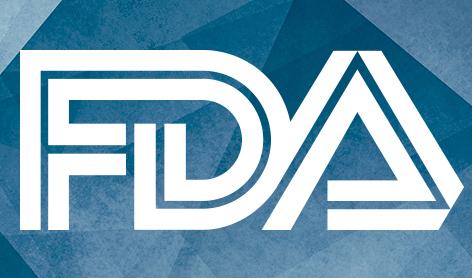News
Article
FDA Approves Mavacamten (Camzyos) for Obstructive Hypertrophic Cardiomyopathy
Author(s):
Bristol Myers Squibb announced the FDA's approval of mavacamten for symptomatic obstructive hypertrophic cardiomyopathy in a press release on April 28.

The US Food and Drug Administration (FDA) has approved mavacamten (Camzyos), granting the first-in-class agent an indication for improving functional capacity and symptoms in patients with symptomatic obstructive hypertrophic cardiomyopathy (obstructive HCM), according to a release from Bristol Myers Squibb.
Announced on April 28, the approval is for treatment of adults with symptomatic NYHA class 2-3 obstructive HCM and is based on the results of EXPLORER-HCM trial, which found use of mavacamten was associated with improved exercise capacity, LVOT obstruction, NYHA functional class, and health status among patients with symptomatic obstructive HCM.
“This is a first-in-class medicine specifically for patients living with symptomatic obstructive HCM,” said Milind Desai, MD, MBA, director of the Hypertrophic Cardiomyopathy Center and director of clinical operations in Cleveland Clinic’s Heart Vascular & Thoracic Institute. "With this FDA approval, US cardiologists now have a new pharmacological option for eligible patients that targets the underlying pathophysiology of the disease.”
According to the release from Bristol Myers Squibb, mavacamten, which is the first and only FDA-approved allosteric and reversible inhibitor selective for cardiac myosin that targets the underlying pathophysiology of obstructive HCM, will be available in 2.5 mg, 5 mg, 10 mg, and 15 mg capsules.
Of note, the full US prescribing information for mavacamten includes a Boxed Warning for the risk of heart failure. The release points out mavacamten reduces LVEF and can cause heart failure due to systolic dysfunction. As a result of this risk, mavacamten is available only through a restricted program under a Risk Evaluation and mitigation Strategy called Camzyos REMS Program.
“The approval of Camzyos represents a significant milestone for appropriate symptomatic obstructive HCM patients and their families, who have long awaited a new treatment option for this chronic and progressive disease,” said Anjali T. Owens, MD, Medical Director of the Center for Inherited Cardiac Disease and an Assistant Professor of Medicine at the Perelman School of Medicine at the University of Pennsylvania. “As a lead U.S. investigator on the EXPLORER-HCM study, I’m grateful to the patients and their families whose participation in the trial played a key role in this approval.”
This is a breaking news story and will be updated as more information becomes available...





